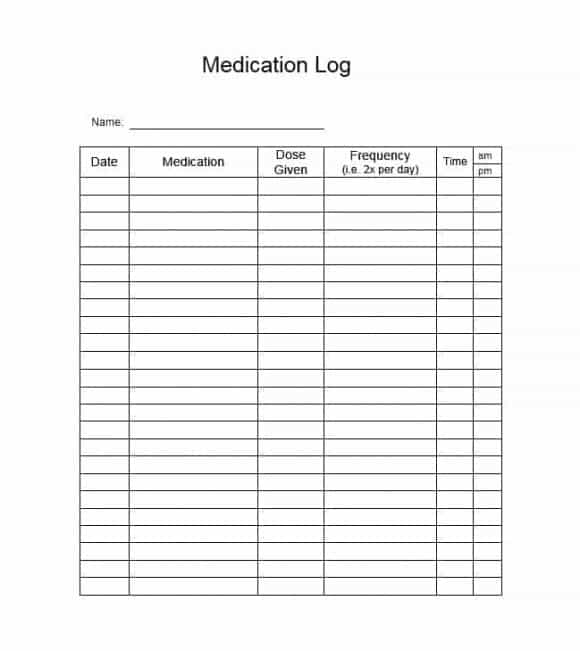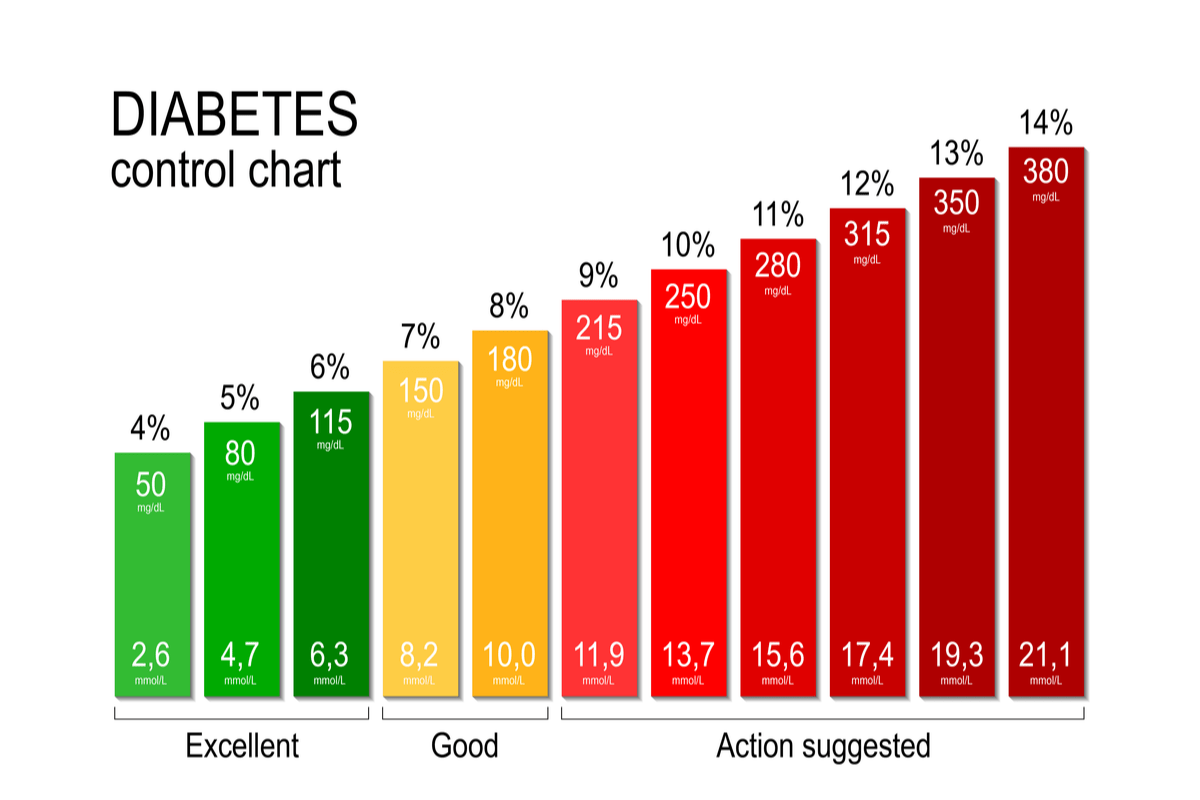
Some groups said they did so more frequently, such as those with type 1 diabetes those without health insurance rationed most frequently of all.Īdults under the age of 65 rationed more frequently than those who were 65 and older, with Gaffney noting that almost all of those who were older and rationed less were covered by Medicare.

“What we found was that nationwide, about 1.3 million Americans with diabetes rationed insulin annually, and that’s about 16.5% of all those people who use insulin,” Gaffney said. Studies link Covid-19 infection with increased risk of new diabetes diagnosis (Photo by FRANCK FIFE / AFP) (Photo by FRANCK FIFE/AFP via Getty Images) FRANCK FIFE/AFP/AFP via Getty Images People were considered to be rationing if they responded positively to questions in the survey about skipping insulin doses, taking less than needed or putting off buying their insulin.Ī woman with diabetes uses a glucometer to measure the glycemia in her blood in Paris on March 24, 2020, on the eighth day of a strict lockdown in France aimed at curbing the spread of COVID-19 caused by the novel coronavirus. They looked at how commonly these people rationed insulin because of how much it cost. Gaffney and his co-authors analyzed the US Centers for Disease Control and Prevention’s 2021 National Health Interview Survey, which included 982 people with diabetes who use insulin. Rationing insulin can have life-threatening consequences.”ġ6.5% of people who use insulin report rationing Adam Gaffney, the lead author of the study and a pulmonologist and critical care doctor at Harvard Medical School and Cambridge Health Alliance, told CNN.

“The main takeaway is that 1.3 million people rationed insulin the United States, one of the richest countries in the world,” Dr. I’ve been lucky in that it didn’t cause any serious ramifications that I’m aware of, but I made choices in my life so that I would have the insulin that I needed to live.”Īrceneaux isn’t alone: According to research published Monday in the journal Annals of Internal Medicine, over a million people with diabetes in the US rationed their insulin in the past year. “But the more I thought about it, the more I realized that I had spent my entire adult life doing that. At the same time, I also had this thought, ‘I’m so lucky that I’ve never had to do that,’ ” she said. “When I first heard stories about individuals with diabetes rationing their insulin, my initial thought was that is so horrible, because I know what it feels like not to have enough insulin in your body. A.Opinion: My son's death was preventable. Also any significant difference in pain score was not detected (P=0.91).īased on our study, both intra-articular corticosteroid and NSAID are effective in treatment of adhesive capsulitis and there is no significant difference between efficacies of these 2 treatment modalities in diabetic patients. No significant relation was detected between 2 groups after 24 weeks according to range of motion in flexion (P=0.51), abduction (P=0.76), external rotation (0.12) and internal rotation (P=0.91). There was no significant difference between sex (P=0.4) and age (P=0.19) of patients. Totally 57 patients (19 males (33.3%) and 38 females (66.7%) were included in the analysis.
#Diabetes patient injection logsheet software
All registered data were transformed into SPSS-15 software and analyzed. After 1 week, home exercise was done for both group and evaluation of the patients after first visit was done likewise 2nd, 6th, 12th and 24th weeks. The patients were divided into 2 groups, patients of first group received NSAID while the latter group were undergone intra-articular corticosteroid injection. Diagnostic criteria of capsulitis were pain of shoulder and range of motion limitation in all directions.
#Diabetes patient injection logsheet trial
The randomized clinical trial study conducted during Feb 2009-Aug 2010 on diabetic patients with frozen shoulder that were referred to rheumatology and endocrinology clinics, Yazd, Iran. The aim of this study was to compare the efficacy of glenohumeral injection of Glucocorticoid with NSAIDs in frozen shoulder of diabetic patients. Local Glucocorticoid injection, NSAIDs and physiotherapy each can relief the symptoms. The incidence of frozen shoulder among diabetic patients is about 10-20%, stiffness in such patients is more severe and should be managed actively.

Frozen shoulder or adhesive capsulitis is a relatively common encountered musculo-skeletal disease in which arouses following soft tissue involvement of glenohumeral joint and presents with pain and limitation of shoulder' active and passive motions.


 0 kommentar(er)
0 kommentar(er)
